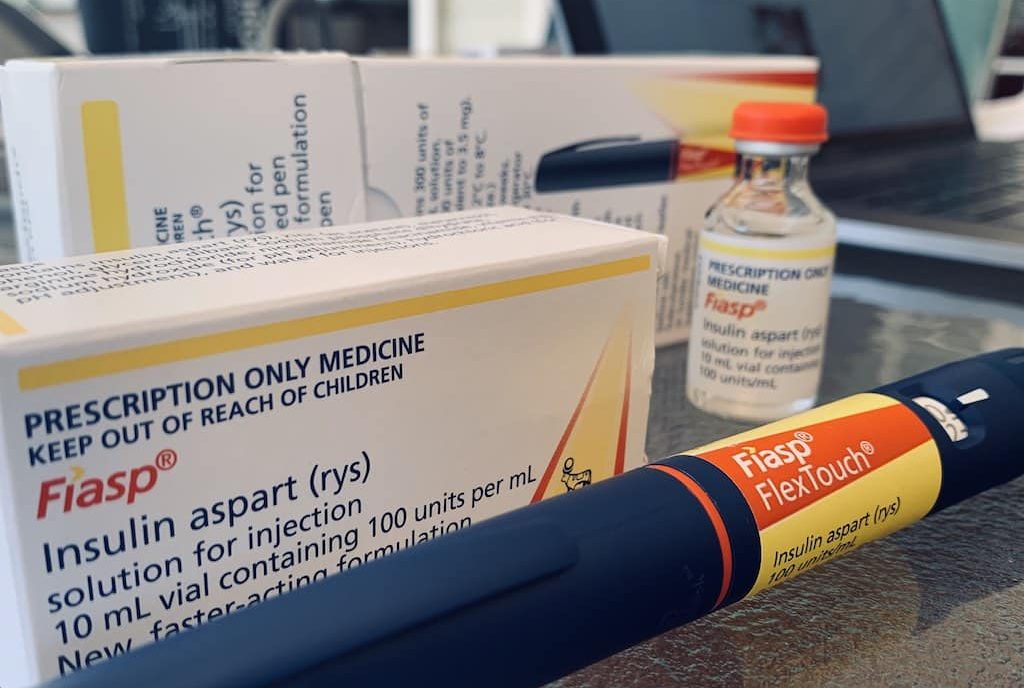Short-acting insulin injections are primarily used to treat diabetes in both children and adults. These injections utilize synthetic insulin to help lower and regulate blood sugar levels, playing a crucial role in managing type 1 and [type 2 diabetes](https://bridgecanhealth.com/type-1-vs-type-2-diabetes/) effectively.
### How Does Short-acting Insulin Work?
Here’s how this type of medication aids in diabetes management:
– **Lowers blood glucose levels**
– **Transports glucose from the bloodstream into cells for energy**
– **Prevents excessive sugar production by the liver**
Insulin is a vital hormone that converts sugar into energy. For individuals with diabetes, the body either doesn’t produce enough insulin or cannot use it efficiently. Consequently, healthcare providers prescribe synthetic insulin to help manage blood sugar levels and minimize the risks of diabetes-related complications.
### Is Regular Insulin Short-acting?
Yes, short-acting insulin is also referred to as regular insulin. It is formulated to meet insulin needs around mealtime and can be administered shortly before eating, as opposed to rapid-acting insulin.
### Short-acting Insulin Peak
Short-acting insulin generally begins working within 30 to 60 minutes. Its peak effect occurs within 2 to 3 hours, and its impact can last from 3 to 6 hours after injection.
### Brand Names
Several brands manufacture short-acting insulin, including:
– **Humulin R**: Available as a liquid solution, Humulin R helps manage blood sugar levels in both adults and children with type 1 or type 2 diabetes. It comes in two dosages: Humulin R U-100 and Humulin R U-500.
– **Novolin R**: Novolin R helps control blood sugar levels for a few hours each day. Finding the correct dose may require some trial and error, and this insulin is available over the counter without a prescription.
### Side Effects of Short-acting Insulin
Common side effects include:
– Bumps, swelling, or itching at the injection site
– Muscle pain
– Weight gain
More serious side effects can include:
– Difficulty breathing
– Wheezing
– Rapid heart rate
– Heart failure
– Hyperglycemia
– Severe allergic reactions
If your healthcare provider has prescribed short-acting insulin, it’s essential to follow the prescribed dose meticulously and consult your provider before making any changes or discontinuing the medication. Persistent symptoms should prompt a visit to a healthcare professional for further assessment.
